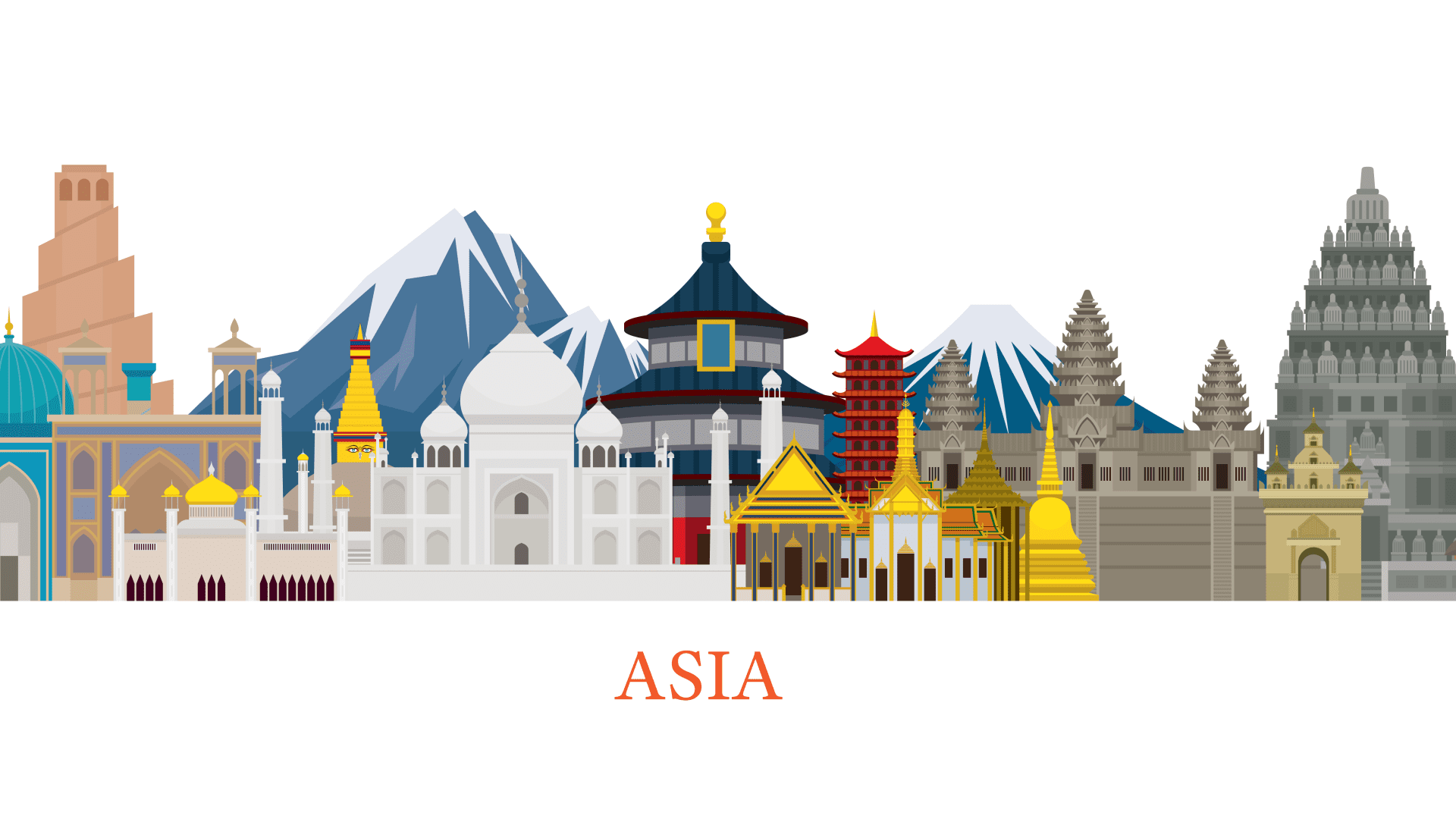Products You May Like
For the most part, residents of Asia-Pacific can travel again.
But some are more confident about packing their bags than others.
Travel confidence is “diverse and nuanced” in the region, according to a new survey commissioned by the travel website Booking.com.
Some 11,000 people in the region were polled about their comfort levels and concerns, as well as their willingness to tolerate the types of disruptions that have become common since the pandemic began.
The rankings
The survey results were published in Booking.com’s inaugural “Travel Confidence Index,” which ranked the places in order of most to least confident.
Key findings from the study include:
No. 1: India
According to the survey, Indians emerged as having the highest travel confidence. Some 86% of respondents indicated plans to travel within 12 months — a number surpassed only by those in China — though trips in both countries are expected to be largely domestic.
Moreover, 70% of respondents indicated they would accept anticipated travel disruptions, the highest of the survey.
Indians have faith in their country too — 85% indicated India can safely welcome international travelers back, higher than the region’s average of 51%.
No. 2: Vietnam
The Vietnamese are also confident to travel again, according to the survey, driven by their comfort with regional borders opening again (82%) and confidence in Vietnam’s ability to receive travelers again (75%).
Rising prices may be taking a toll, however. Of all those polled, the Vietnamese were the most concerned about costs (53%).
No. 3: China
Nearly 90% of Chinese respondents said they plan to travel in the next year, the highest of all polled territories.
Moreover, 62% said they plan to travel overseas “immediately” after China lifts its quarantine policy. Of those, 43% plan to go to either Japan or South Korea, according to the survey.
Of all those polled, the Chinese are the least concerned about costs (20%) but the most concerned about administrative hassles involved in planning trips this year (46%).
No. 4: New Zealand
Nearly 80% of Kiwis say they are likely to travel in the next year, with the biggest motivator being to visit family (53%), according to the survey.
However, only 49% of Kiwi respondents said they consider leisure travel to be important during the pandemic — 5 percentage points fewer than the regional average.
No. 5. Australia
Compared with the regional average, Australians are slightly less likely to travel than others in the Asia-Pacific (72% versus 76%). Australians, as well as Kiwis, are also much less willing to share their personal information for the purpose of travel, compared with the rest of the region.
Slightly more than half of Australians expressed comfort in the idea of travel restarting (55%) and in Australia’s ability to safely receive international travelers again (53%), according to the survey.
No. 6: Singapore
Some 75% of Singaporeans said they are likely to travel in the next year, which is slightly less than the regional average of 76%, according to the poll.
Singapore’s 6th place finish was largely influenced by respondents’ unwillingness to accept travel disruptions. Among those in Singapore — a nation known for organization and efficiency, especially at its top-rated Changi Airport — only 35% said they would accept travel delays and related problems, compared with 47% in the region overall, according to the poll.
No. 7: Hong Kong
Compared with the rest of Asia-Pacific, Hong Kongers aren’t as comfortable with traveling again, or with their own ability to receive international travelers, according to the poll. Nevertheless, 71% said they are likely to travel in the next year.
Their biggest motivator? Escaping being “stuck at home” — some 70% cited that, the most of all polled territories, including that of Taiwan (60%) and Singapore (57%), according to the results.
Quarantine periods to enter Hong Kong were reduced this week. However, many residents may stick to staycations this year. Nearly half (47%) said they are likely to book a staycation even after international travel is possible again, according to the poll.
No. 8: Thailand
Thailand receives the most tourists of any country in the region, which may be why respondents there indicated they are somewhat nervous about travel restarting.
Only 39% said they are comfortable with regional borders reopening (versus 53% regionally), according to the poll. Even fewer (29%) said they are confident in Thailand’s ability to safely reopen to international travelers (versus 51% regionally).
No. 9: South Korea
South Koreans scored lower than regional averages in every confidence category but one — the likelihood of traveling in the next year.
Some 80% said they are likely to travel in the next 12 months, according to the poll, yet only 31% said they are willing to accept travel disruptions along the way.
No. 10: Taiwan
Only 27% of Taiwanese respondents indicated they are comfortable with borders reopening in the region. And if a Covid-19 outbreak occurred at their travel destination, only 8% said they would stick with their travel plans, compared with 17% in the region.
Taiwanese were also the most concerned about falling sick, according to the poll. Nearly 60% cited it as a travel concern, compared with just 22% in China.
No. 11: Japan
Japanese travelers were found to be the least confident travelers in Asia-Pacific this year, according to the poll.
Only 18% expressed confidence in Japan’s ability to receive international travelers again, and 26% are comfortable with regional borders reopening.
The Japanese are also far less tolerant of travel disruptions, according to the poll. Only 24% said they would accept them — the lowest of all polled territories.
